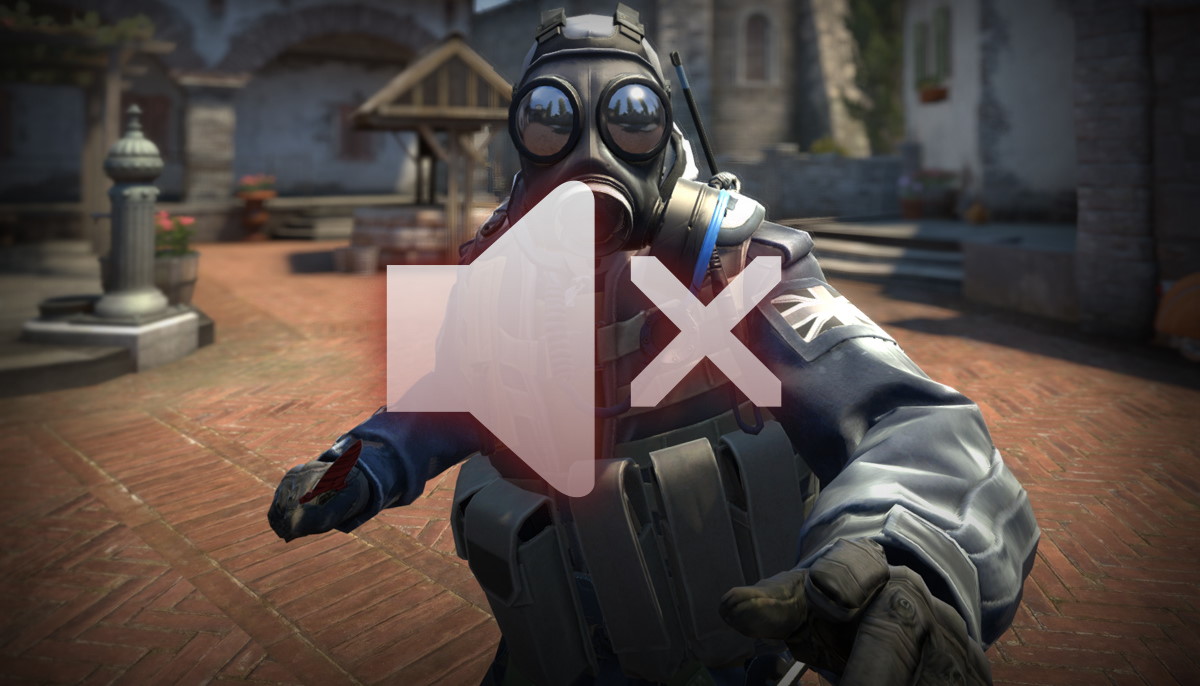Valve is building a system that auto-mutes abusive CS:GO players
Excessive reports of abuse will soon have practical in-game consequences.

Team-based games like CS:GO require coordination between players. Coordination requires communication, and communication, unfortunately, generally requires talking to other people. This is where the wheels tend to come off, because while some players will use the power of comms to set ambushes or warn about incoming enemies, others prefer less friendly approaches to chit-chat. You know what I mean.
To help clamp down on that sort of garbage, Valve is working on a new system for Counter-Strike: Global Offensive that will help cut down on in-game abuse more "precisely" than current tools. It sounds fairly straightforward, in the broad strokes at least: Players who receive "significantly more abuse reports" than others will be given a warning, and if the abuse reports continue at a high rate they will then be automatically muted by all others players by default. Other players will be able to unmute them if they want, but the muted-by-default state will remain in place until offenders earn enough XP to remove the penalty.
"Because the new system is driven by reports, it lets players establish their own standards for communication and ensure that their fellow players receive anonymous feedback when they're out of line," Valve said.
As is the Valve way, the whole thing is driven by algorithms: Specifics on what constitutes "significantly more" reports of abuse than the baseline (whatever it is) or what you'll have to do to shed that albatross weren't shared, but reports are weighted based on each account's playtime and reporting frequency, which should help reduce the likelihood of abuse. Valve is already tracking reports with the new system, and asked that players help feed the machine by "getting into the habit of reporting abusive players for 'Abusive Communications or Profile' when you come across them."
Keep up to date with the most important stories and the best deals, as picked by the PC Gamer team.

Andy has been gaming on PCs from the very beginning, starting as a youngster with text adventures and primitive action games on a cassette-based TRS80. From there he graduated to the glory days of Sierra Online adventures and Microprose sims, ran a local BBS, learned how to build PCs, and developed a longstanding love of RPGs, immersive sims, and shooters. He began writing videogame news in 2007 for The Escapist and somehow managed to avoid getting fired until 2014, when he joined the storied ranks of PC Gamer. He covers all aspects of the industry, from new game announcements and patch notes to legal disputes, Twitch beefs, esports, and Henry Cavill. Lots of Henry Cavill.

